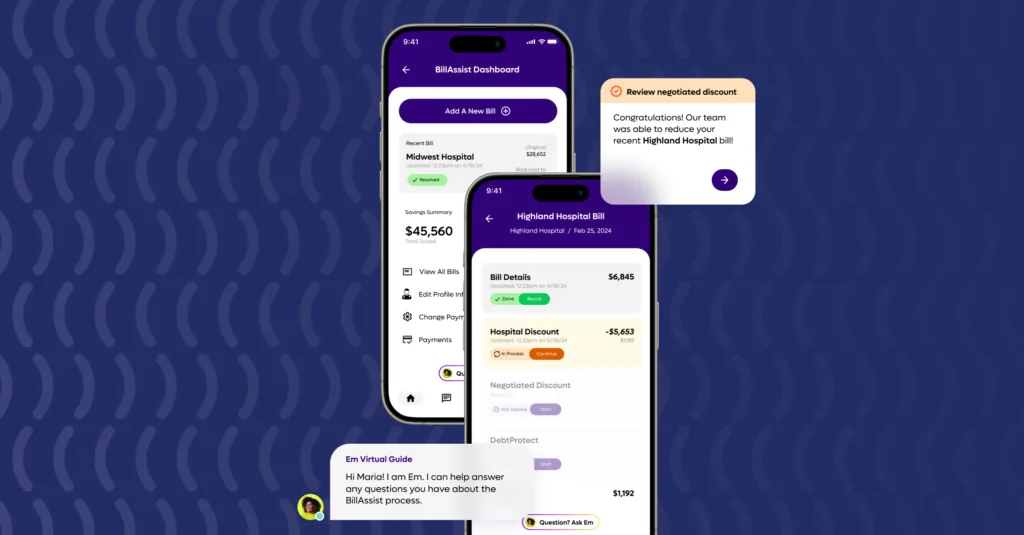With the healthcare landscape growing increasingly complex, employees often find themselves dedicating substantial time to healthcare. On average, a family spends about 100 hours annually managing healthcare-related tasks. For a professional like an attorney in Connecticut, charging an average billable rate of $350 per hour, this translates to a staggering $35,000 of what could otherwise be billable hours per year. In the high-stakes world of professional services, where billable hours equate to revenue, an often-overlooked factor can make a significant difference: healthcare navigation. This service isn’t just about guiding employees through healthcare complexities. It’s a strategic tool that reclaims time – a commodity in the professional services sector. The math is simple yet powerful: for every hour spent by a healthcare navigator, three hours are saved for the employee.
The Case of Steven: A Healthcare Navigation Success Story
Steven, a hardworking employee at a consulting firm, faced a significant health hurdle. He required costly ankle surgery, priced at $108,000, but faced an initial denial from his insurance. Appealing the decision alone would have not only consumed at least 40 hours of his time, equivalent to an entire work week, likely without success, but also would have left Steven distracted and less productive at work. Enter the healthcare navigator, a game-changer in this scenario.
Steven’s healthcare navigator meticulously reviewed 40 pages of medical records, identified and rectified issues, and successfully appealed for the surgery authorization. This not only saved Steven valuable time—and money—but also ensured he received the necessary medical care without the added stress of handling complex insurance processes.
Healthcare Navigation: A Weekday Necessity
Healthcare operates on a weekday schedule, aligning with typical work hours. When employees address healthcare issues during the work week, it directly impacts productivity. This can include time-consuming tasks such as resolving billing disputes, obtaining necessary prior authorizations for treatments, finding in-network care providers, or identifying the most cost-effective facilities for procedures like MRIs. These are all complex issues that benefit navigators expertly manage, allowing employees to remain focused and efficient in their professional roles. This challenge is especially acute in professions dependent on billable hours. Delegating these tasks to benefit navigators ensures that employees remain focused and productive during their crucial work hours.
Direct Impact on Business Revenue and Employee Satisfaction
In the professional services sector, where the business model hinges on billable hours, any disruption can affect the bottom line. Ensuring that employees are in optimal health and free from the burdens of navigating the healthcare system not only enhances focus but also translates into more billable hours. This direct correlation between effective healthcare navigation and business revenue is a vital consideration for companies.
Steven’s experience is a testament to this. Navigator intervention meant that he could stay productive at work while his healthcare needs were expertly managed. This approach not only helped his company maintain its revenue flow but also significantly boosted Steven’s satisfaction and loyalty as an employee.
For professionals and consultants in billable hour environments, offloading healthcare-related concerns to a dedicated navigator can be a game-changer. Redirecting the average 100 hours spent on healthcare management back into billable hours can result in a substantial return to the company, both in terms of revenue and in enhancing the overall well-being and productivity of the workforce.



